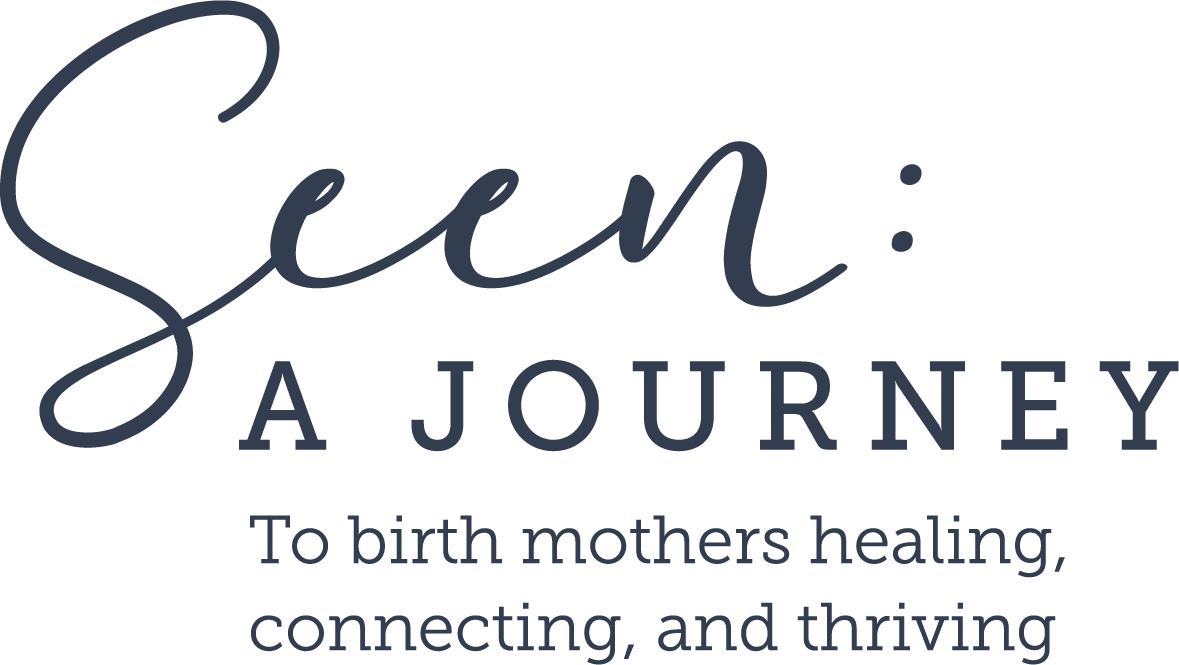I grew up in church, not just on Sundays, but Sunday mornings, Sunday nights, Wednesday nights, and every event in between. Bible studies, youth group lock-ins, prayer nights… if there was a chance we might sin between meals, the church had an answer to prevent it. When I was nine, my family packed up and moved to another country to become missionaries. I know what you’re thinking: “Wow, she’s basically one robe and a choir away from sainthood.” And you are right. I was probably on track to be a preacher’s wife, a Deaconess, or at the very least, that one lady who always volunteers to lead the women’s Bible study.
So, explain why, at age 20, did I find myself sprinting away from the church and straight into a life that looked a whole lot easier?
While in college, I searched for fellow adoptees to connect with and grow. I joined online forums and flexed my competitive spirit in game nights. I attended support groups and started building friendships that felt real and safe. I found a community of adoptees who were broken, unheard, devalued, silenced, grieving, angry, and confused. This was the exact opposite of the “adoption is a beautiful gift from God” narrative I had been told my whole life. But oddly enough, it all made sense, and I felt a lightness. For the first time, the buried, brushed-aside emotions I had carried for years started surfacing, and I finally felt seen. The only place I felt truly safe was with other adoptees who were not afraid to name the pain and look behind the facades.
So what does all this have to do with the church? Truthfully, the church didn’t just shape my faith; it shaped how I saw myself and my adoption story. This month, we are discussing “The One When Love Does Not Reflect Christ,” because sometimes the love we are shown in the name of Jesus does not reflect Christ’s love. This type of love controls, erases, or performs rather than exemplifying genuine Christ-like love.
I have witnessed adoptive parents bring children into their homes “in the name of Jesus,” only to reject them later, or abandon them when things got hard, when trauma showed up, or obedience didn’t come easily, or the child didn’t fit the picture they had in mind. I’ve seen what happens when people adopt without truly understanding what it means to love an adopted child, not just in theory, but in the messy, daily reality of it.
I’ve seen how the church can overlook these stories. It celebrates the adoption moment but often ignores the aftermath. Trust doesn’t come naturally to me, especially in faith spaces. I struggle not to lead with skepticism, and I have seen how love can be twisted into control, or masked with good intentions but poor follow-through. I carry the weight of adoptees who have been hurt, and sometimes I let that pain drown out hope.
Honestly, I have clung to my sense of “right” more than I’ve extended grace. I’ve forgotten, at times, that real love, the kind that reflects Christ, isn’t about proving a point. It’s about showing up. Listening. Staying.
Coming Home
Fast forward a few years, and I’m back with my church community. I’m not leading a women’s Bible study or singing in the choir; however, I am part of the women’s ministry team, and I volunteer whenever I can. More importantly, I came back with perspective. I came back with purpose, grace, understanding, forgiveness, and more humility than I had before. I returned carrying stories, questions, and deep convictions about what love should look like when it reflects Christ. Love is not just a warm welcome or a polished testimony. It is listening when it is uncomfortable, showing up when it is messy, and honoring people’s pain without rushing to fix it. It’s recognizing that Christlike love doesn’t always look picture-perfect. So when love doesn’t reflect Christ, it is important to name it, challenge it, and choose to do better. That means staying in the room, rebuilding trust, and renewing your faith in Christ’s love. Redemption comes not in pretending everything’s okay, but in learning how to love more like Christ in the middle of confusion.
The Challenge
This week, pay attention to the ways your love may fall short of Christ’s. Ask harder questions, listen with more intention, and stay present with people in their pain. Whether you are part of an adoptive family, a church leader, or simply someone trying to love well, ask yourself, Does my love reflect Jesus, or just my comfort?


